Launch of 2021 Survey of Formal Education for SDG 4 Data
The UIS is launching its annual 2021 Survey of Formal Education for the reference year ending in 2020 to ensure the timely collection of data for SDG 4. The questionnaires and related materials are available on the UIS website at: http://uis.unesco.org/uis-questionnaires.
As the custodian agency for SDG 4 data, the UIS collects education data and develops indictors to enable Member States to meet national commitments to the Agenda 2030 Framework.
